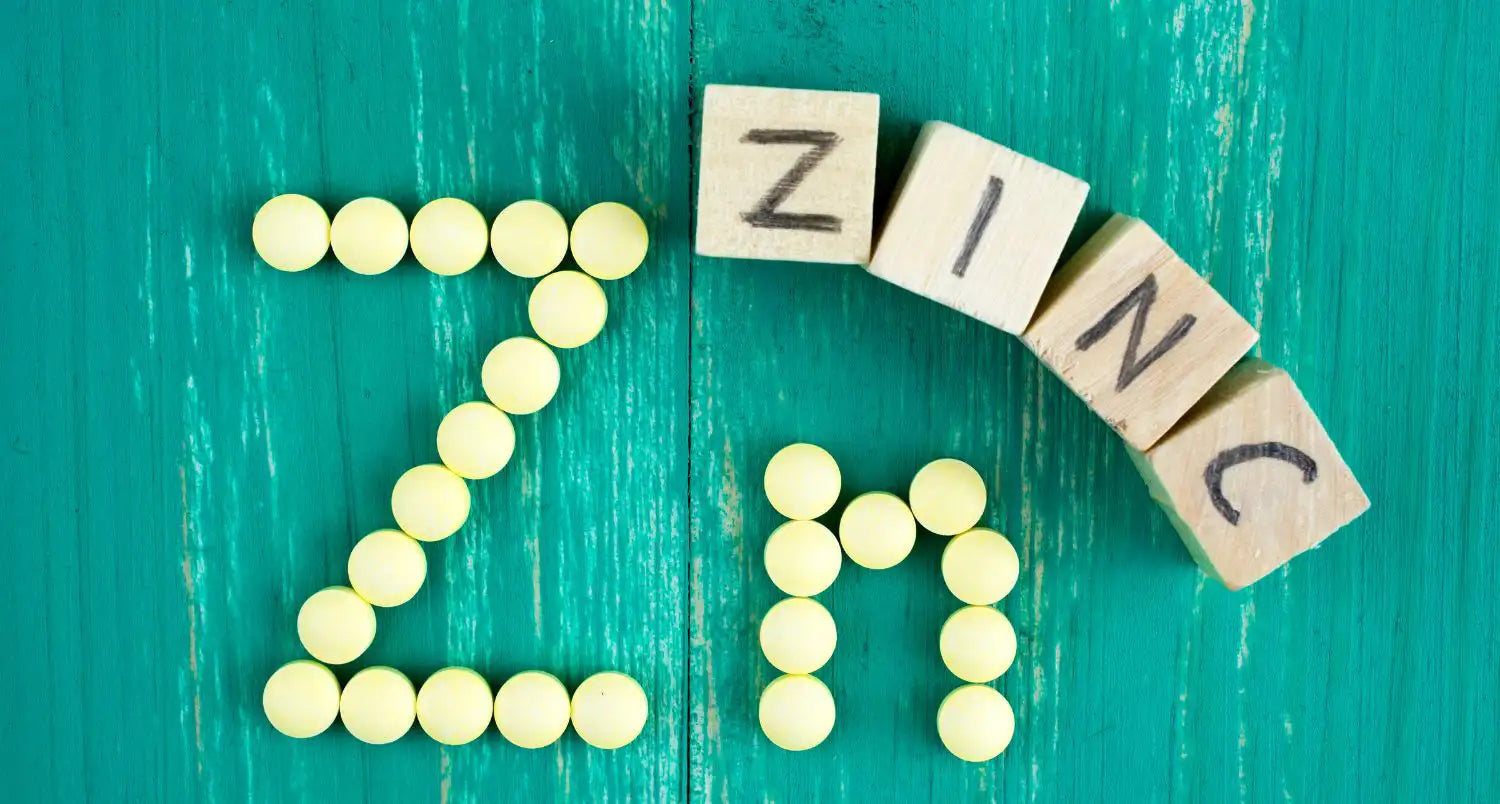
ZINC DEFICIENCY AND ITS EFFECTS: EVERYTHING YOU NEED TO KNOW
Zinc is an essential trace element that performs a variety of important functions in the body. However, a deficiency of zinc can have a negative impact on your health, both physically and psychologically. In this article you will learn how to recognise a zinc deficiency, how zinc affects the psyche, what you should not take together with zinc and how long it takes for zinc to show its effect.
1. How do I recognise a zinc deficiency?
Zinc deficiency can cause various symptoms, including reduced immune system, slow wound healing, brittle nails, hair loss and dry skin. Decreased sense of taste and smell and decreased sexual desire can also be signs. If you observe such symptoms, you may have a zinc deficiency.
2. Zinc and the mind
Zinc plays a role in the regulation of neurotransmitters in the brain that influence our mood. A zinc deficiency could therefore lead to mood swings, depression or decreased mental clarity. Supplementing zinc could help improve mental well-being in some cases.

3. What should not be taken with zinc?
Zinc should be taken with caution, as certain substances may interfere with its absorption. Dairy products, coffee and iron supplements should be taken at separate times from zinc to ensure optimal absorption.
4. How long does it take for zinc to work?
The time it takes for zinc to show its effect varies depending on the situation. For acute symptoms of zinc deficiency, improvement may be noticeable after only a few days to weeks. However, when taken long-term to improve health, it may take weeks or even months for the full effects to become noticeable.
Overall, zinc is important and plays a crucial role in our body and influences both our physical and mental health. If a zinc deficiency is suspected, it is advisable to consult a doctor to obtain an accurate diagnosis and discuss the appropriate measures to correct the deficiency.



